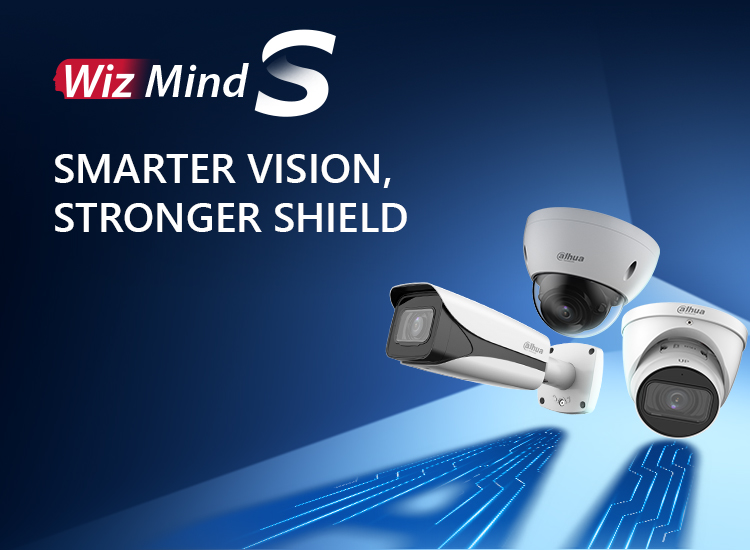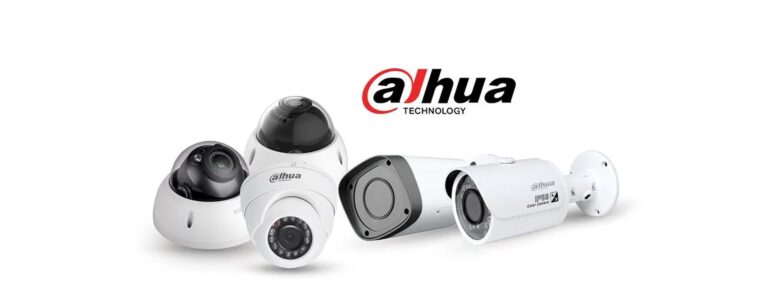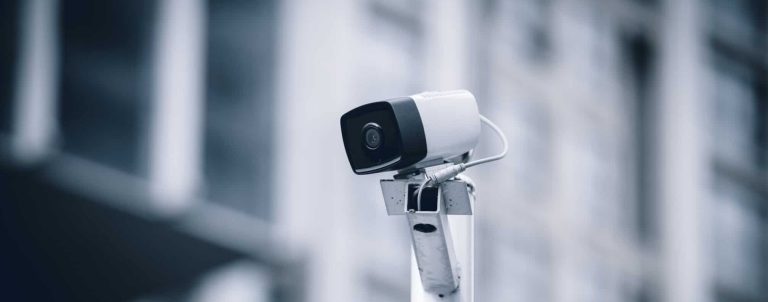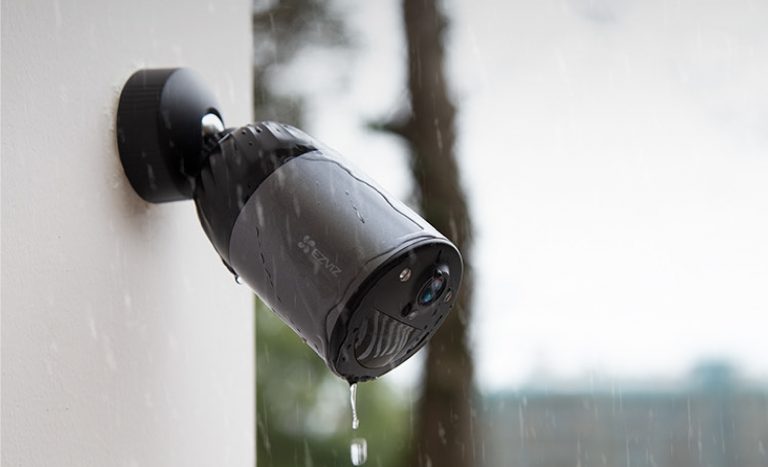Enhancing Security:
A Comprehensive Guide to CCTV Camera Installation

Introduction:
Understanding the Importance of CCTV Camera Installation:
Benefits of CCTV Camera Installation:
a. Crime Prevention:
The mere presence of CCTV cameras acts as a deterrent for potential criminals, reducing the chances of burglary, theft, or vandalism. Criminals don't target properties that have visible surveillance systems.
b. Remote Monitoring:
Modern CCTV systems allow you to remotely monitor your premises using mobile devices or computers. This feature enables you to keep an eye on your property in real-time, regardless of your physical location.
c. Gathering Evidence:
In the unfortunate event of a crime or an incident, CCTV footage serves as invaluable evidence for law enforcement authorities. High-resolution cameras can capture detailed images that can be crucial in identifying suspects or resolving disputes.
d. Employee Productivity and Safety:
CCTV cameras can help improve employee productivity by ensuring adherence to company policies and maintaining a safe work environment. They discourage employee misconduct and provide a sense of security for staff members.
e. Cost Savings:
By investing in a CCTV system, you can potentially reduce security costs over the long term. The presence of cameras can lower insurance premiums, prevent loss of valuable assets, and minimize the need for on-site security personnel.
Steps for Successful CCTV Camera Installation:
a. Conduct a Security Assessment:
Begin by assessing your security needs and determining the areas that require surveillance. Identify vulnerable points such as entry points, parking lots, or blind spots. This assessment will help you decide the number and types of cameras required.
b. Choose the Right Camera Types :
There are various CCTV camera types available, including dome cameras, bullet cameras, and PTZ (Pan-Tilt-Zoom) cameras. Each type serves specific purposes, so select cameras based on your requirements and the surveillance area.
c. Optimal Camera Placement:
Proper camera placement is crucial for effective surveillance. Ensure that cameras cover critical areas without any obstructions. Consider factors such as lighting conditions, camera angles, and the height at which the cameras will be installed.
d. Select Quality Equipment:
Invest in high-quality cameras and supporting equipment from reputable manufacturers. Quality equipment ensures better image clarity, durability, and longer service life.
e. Professional Installation:
It is recommended to hire professional camera installers for the installation process. They possess the expertise to install cameras, configure recording devices, and set up remote monitoring systems efficiently.
f. Maintenance and Upkeep:
Regular maintenance and upkeep of your CCTV system are essential to ensure optimal performance. This includes cleaning camera lenses, checking wiring connections, and updating firmware/software regularly.



